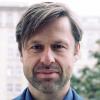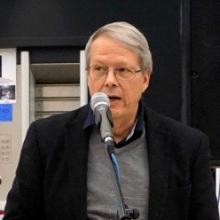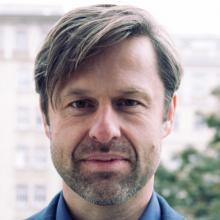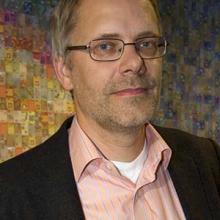About this video
Advancing technology has put the control of scientific images in the hands of researchers and authors. According to most journal guidelines, images submitted with a manuscript for review should be minimally processed. However, with limited knowledge on the subject, it is difficult to assess whether the manipulation of an image is misleading or highlighting one's findings. Add to that the pressure of publishing, it is tempting for researchers to tweak an image to go along with findings that, perhaps, aren’t completely valid. In this case, there is a lot more than reputation at stake in the scientific world, especially if the manipulation goes unnoticed.
In collaboration with HEADT Centre at Humboldt University, this Researcher Academy module is dedicated to the challenge of detecting image manipulations in scientific papers. Experts Thorsten Beck and Michael Seadle will provide resources for participants to understand image manipulation more deeply and become aware of aspects they were missing. Moreover, in this module, participants have the chance to exchange experiences and to present and share insights from their own work .
After watching this module, you will come away with a better awareness of what image manipulation is and how to avoid errors when preparing your images for publication.






